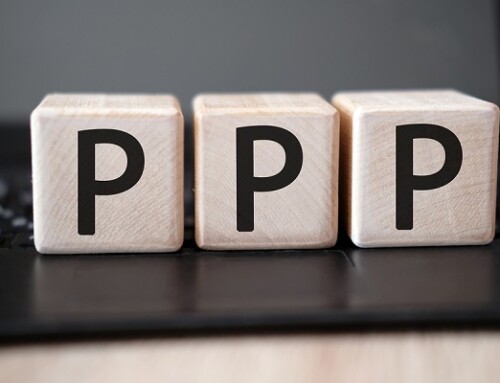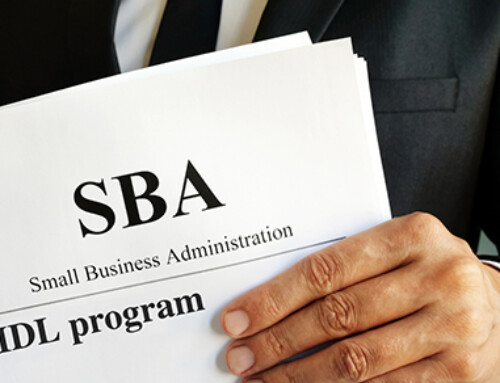There’s really nothing more valuable to a business than good employees, particularly those who stick with you for years and years.
One way to honor those employees is to give them a meaningful present or award.
The tax code includes a special carve-out for “employee achievement awards,” which means that when you buy something for your employees in recognition of their years of service, you get a tax break—and your employees do too.
A lasting present for your valued employees, plus tax breaks all around—that should make for a pleasant day at the office.
Even better, if you operate your business as a C corporation, you can receive these tax-free awards yourself because even though you’re an owner, you’re an employee too and with the work you put into making your business hum, I think you deserve some recognition too.
For some reason, however, lawmakers filled this area of the law with bizarre—and ridiculous—traps, so you need to tread carefully. But as long as you know the basic rules, you can safely use this tax break to reduce the cost of your employee awards.
There are two main types of tax-free achievement awards that you can give to employees:
- Length-of-service awards
- Safety awards
We’re going to focus on length-of-service awards, because the limitations on safety awards are usually prohibitive for small employers.
You can give the length-of-service award to an employee every five years. That is, an employee must have worked for your company for at least five years before you can give him or her one of these awards, and you have to wait at least five years before you can give that same employee the next such award.
So, what kind of award qualifies? There are four requirements:
- Tangible property. The award must be tangible property—not cash or a cash equivalent. Think things like watches, cookware, and televisions. The rules expressly prohibit you from using this tax break to give cash, gift certificates, vacations, meals, tickets, lodging, or stock.
Employees can choose their own awards, such as from a catalog that provides a list of options. Or you can simply ask your employee to tell you what he or she wants.
- Meaningful presentation. You must give the award during a “meaningful presentation.” That doesn’t mean you have to put up streamers and serve champagne, but you should have some sort of “ceremonious observance” in which you recognize your employee for his or her service.
- Deduction limit. In general, tax law limits the deduction for achievement awards to no more than $400 per employee per year. The cost of the award can exceed that amount, but that means tax—both to you and to your employee—so it’s better to avoid this.
There’s an exception to this $400 limit when you set up a “qualified plan,” but there’s a big catch, which we’ll discuss later.
- No disguised compensation. You can’t cut the employee’s salary simply to give a tax-free achievement award, or otherwise give the award as a disguise for normal compensation.
The $400 limit refers to the cost to you, not the fair market value of the item.
Tax law increases the $400 limit to $1,600 per employee if you give the award pursuant to a “qualified plan,” which is a written document that memorializes your award program and that doesn’t discriminate in favor of highly compensated employees.
That sounds great, but there’s a big catch. Under the qualified plan rule, the average of all the employee achievement awards you give in a year cannot exceed $400, and to calculate that average, you must ignore any awards you give that cost $50 or less.
If you think you might want the $1,600 plan, we should discuss this. Also, we can create the written plan for you that is one of the requirements for this option.
If this sounds of interest, please don’t hesitate to give us a call.





